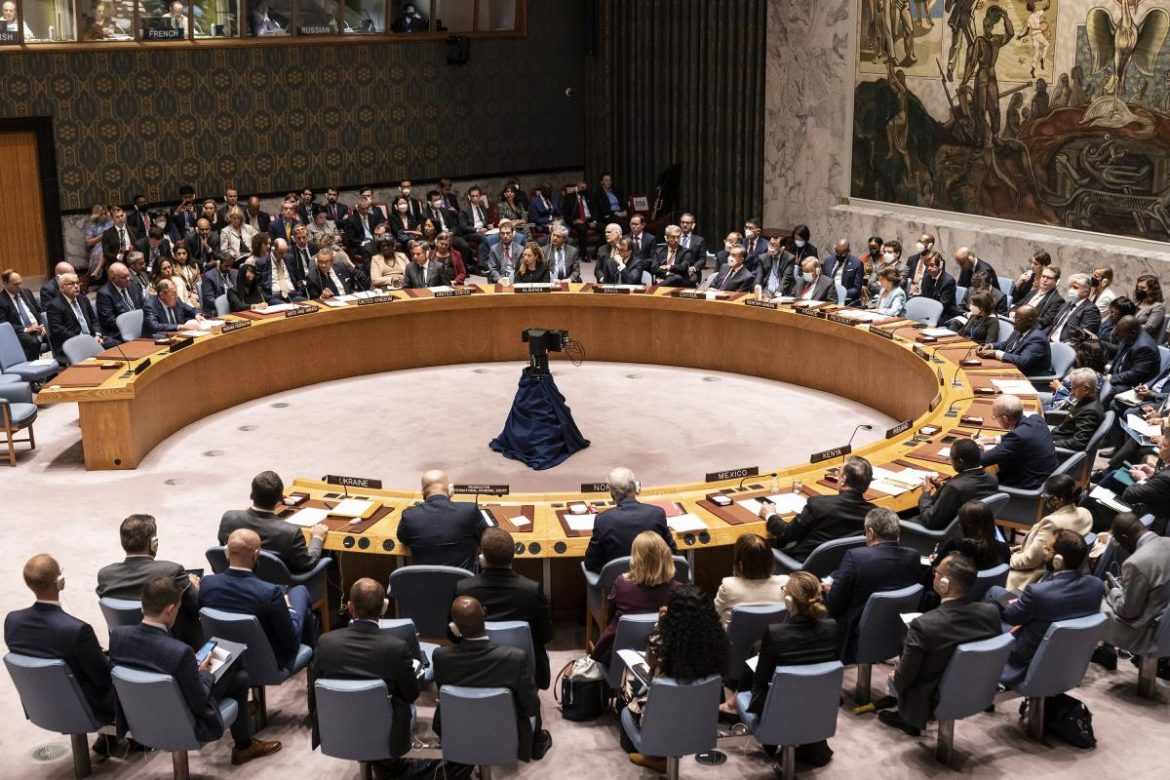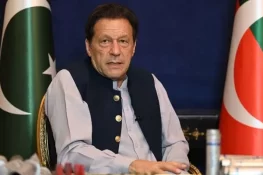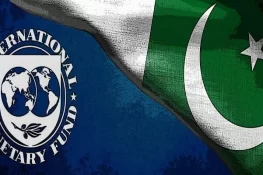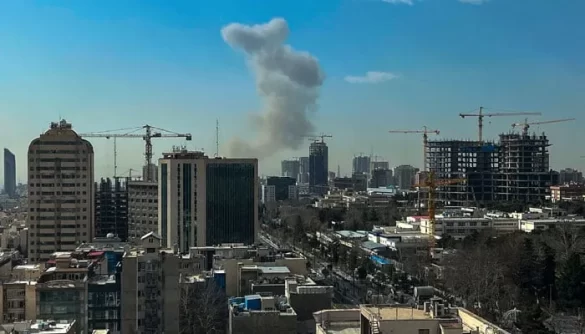Emergency Session Highlights Sharp Divisions
The United Nations Security Council (UNSC) convened an emergency meeting to address escalating concerns over Israel’s reported plans to extend its control over the Gaza Strip. The session exposed deep rifts among member states, with China and Pakistan delivering strong condemnations, while the United States pushed back against what it described as efforts to undermine its peace initiatives.
China’s Permanent Representative to the UN reaffirmed Beijing’s opposition to any attempt to alter Gaza’s political or territorial status. He stressed that Gaza remains an “inseparable part of Palestinian territory” under international law. “Any move to change its geographical or political identity is unacceptable,” he said, adding that a full and immediate ceasefire was the only viable path to protecting civilian lives and securing the release of hostages.
Warnings of Bloodshed and Escalation
Several other Security Council members, including the United Kingdom, France, and multiple non-permanent members, echoed concerns that a permanent Israeli presence in Gaza would lead to further bloodshed, destruction, and humanitarian disaster.
Diplomats cited the growing scale of the humanitarian crisis in the territory, where weeks of Israeli airstrikes and ground operations have destroyed homes, hospitals, and essential infrastructure. According to UN estimates, tens of thousands of Palestinians have been displaced, with shortages of food, clean water, and medical supplies worsening by the day.
Pakistan Calls for Collective Action to Halt ‘Genocide’
Pakistan’s Permanent Representative, Asim Iftikhar, used his address to denounce the reported Israeli occupation plan as “provocative” and in violation of international norms. He noted that Pakistan’s Prime Minister had personally condemned the proposal and called for urgent international intervention.
“The atrocities in Gaza must be stopped immediately,” Iftikhar said. “The global community cannot remain silent in the face of what amounts to genocide. Only united action can halt the ongoing slaughter of innocents.”
Islamabad has been a long-standing advocate for Palestinian self-determination and often voices support for a two-state solution based on pre-1967 borders. Recently, this stance was reinforced during Ishaq Dar’s UN visit, where Pakistan also supported a Palestine resolution alongside highlighting the Kashmir issue.
United States Pushes Back
The U.S. Permanent Representative reacted sharply to the tone of the discussion, accusing some delegations of attempting to “sabotage American efforts” to secure peace in Gaza. This statement created visible tension in the chamber, with several diplomats urging the Council to focus on immediate humanitarian relief rather than political disputes.
Washington maintains that its diplomatic channels with Israel and regional actors are aimed at preventing further escalation. However, critics argue that U.S. vetoes of previous ceasefire resolutions have undermined urgent humanitarian responses.
Humanitarian Situation at Breaking Point
The Gaza Strip, home to over 2.2 million people, has faced repeated military escalations over the past two decades. The most recent conflict has left neighborhoods in ruins and overwhelmed health facilities.
UN humanitarian officials warn that over half of Gaza’s population is now internally displaced, with many living in overcrowded shelters lacking basic sanitation. Aid convoys have struggled to enter the territory due to ongoing hostilities and restrictions at border crossings.
A senior UN relief coordinator told the Council that without a sustained ceasefire and unobstructed humanitarian access, “the death toll will rise, and the crisis will spiral beyond our capacity to respond.”
Calls for International Responsibility
As the meeting concluded, the Security Council remained divided on how to move forward. China and Pakistan, backed by several other members, pushed for an immediate resolution demanding a ceasefire and rejecting any long-term Israeli military presence in Gaza. The U.S. and a small group of allies argued for continued diplomatic engagement rather than binding resolutions.
Despite the lack of consensus, the debate underscored growing global alarm over the situation. For many states, the Gaza crisis is no longer a regional conflict but a test of the international community’s ability to uphold humanitarian principles and international law.
If the Council fails to agree on a course of action in the coming days, aid agencies warn that Gaza’s humanitarian collapse could become irreversible — with consequences felt far beyond the region.















